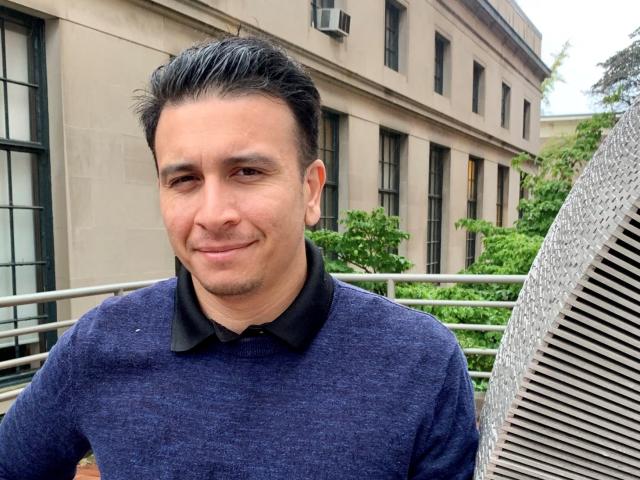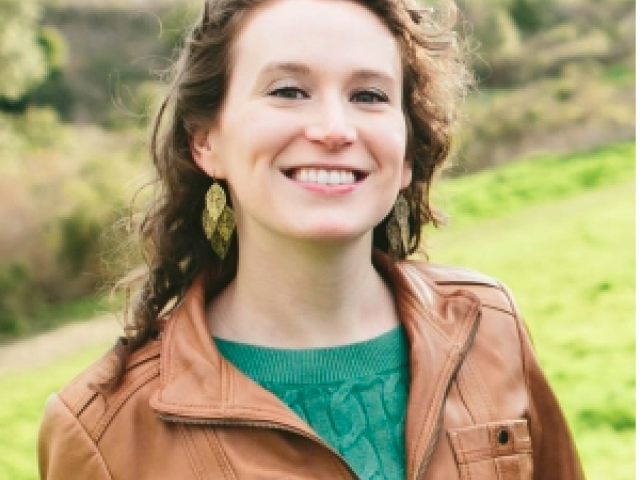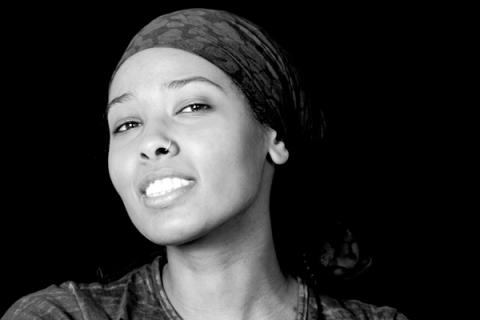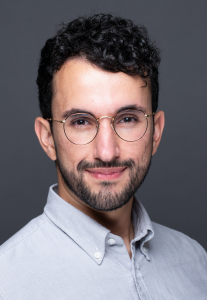Visiting scholars for 2022-2023

Nathan Acebo
Mellon Faculty of Color Working Group Fellow
Assistant Professor of Anthropology and Indigenous and Native American Studies, University of Connecticut
Nathan Acebo practices CBPR-based Indigenous Archaeology and his work thematically explores how Indigenous epistemologies can inform New Materialist approaches to subaltern resistance, communal autonomy and affective potentiality in the pre- and post-colonial contexts of Alta California and the plantation era in Hawaii. Dr. Acebo explores these topics through field and museum-based collection analysis using different methodologies inclusive of lithic and ceramic analyses, geochemical archaeometry techniques, digital ethnography, and qualitative approaches to GIS mapping. Dr. Acebo’s research has been supported by the Mellon Foundation, the National Science Foundation, Society for California Archaeology, and various research institutes at Stanford University. He also held the University of California Chancellor’s Postdoctoral Fellow (President Post-Doc Program) and Critical Mission Studies Fellowship at the UC Merced and UC San Diego from 2020-2021.
Dr. Acebo is currently working on a manuscript titled, An Archaeology of Indigenous Autonomy. This book draws attention to macro-political expressions of Indigenous governance and economic prosperity in the southern California colonial hinterlands during the Spanish and Mexican-Californio eras of colonization, and how Tongva, Acjachemen, and Payómkawichum peoples performed radically subversive forms of survivance in the past and present. Lastly, Dr. Acebo is continuing to build his second project on the Laie Sugar Plantation, which examines how Native Hawaiian and Filipinx laborers constructed alternative multiethnic communities under Mormon proselytization and plantation labor coercion in early 20th century Oahu, Hawaii.

Owen Cornwall
Owen Cornwall is a visiting scholar at the Center for Humanities at Tufts University, where he specializes in Persian, Arabic, and South Asian literatures. He is co-author with Frances W. Pritchett of Ghalib: Selected Poems and Letters published by Columbia University Press. He is currently completing two books about the historical memory of Alexander the Great in Islam: one about his identification as a figure in the Qur’an and another about his role in Persian literature and Persianate identity.

Jorge Cuéllar
Mellon Faculty of Color Working Group Fellow
Faculty Fellow & Assistant Professor, Latin American, Latino & Caribbean Studies; Dartmouth College
Jorge E. Cuéllar is an interdisciplinary scholar of politics, culture, and daily life in modern Central America. Cuéllar’s research and teaching focus on Central American Studies, Cultural Studies, Race, Migration, and Critical Social Theory.
His current book project, Everyday Life and Everyday Death in El Salvador, traces the practices of peoplehood, community formation, and everyday life-making amongst varied groups in El Salvador since the end of the Salvadoran Civil War. Via embedded observation, unstructured interviews, and archival analysis, this work explores the quotidian modes of living, thinking, and being produced by historical inequality, the postwar Salvadoran state, and by structural shifts in the transnational system. A multi-sited study, Cuéllar’s research attends to the cultural and political strategies employed by in-country Salvadorans that, despite living in conditions of extreme marginality, economic abandonment and routine violence, engage in practices of refusal, survivance and critique that motion towards restored and dignified social futures. Recently, he has also written on cryptocurrency in Latin America, COVID-19 and migration, and the authoritarian turn in El Salvador.
Cuéllar’s scholarly work has appeared in the American Indian Culture and Research Journal, Comparative American Studies, Diálogo, Revue française d’études américaines, Soccer & Society, Latino Studies, and Radical History Review. His public essays and columns can be found in El Faro, NACLA, Social Text’s Periscope, Los Angeles Review of Books, NLR’s Sidecar and Radical History Review’s The Abusable Past. Cuéllar regularly offers comment and analysis on contemporary Central American society and politics across a variety of media outlets.
Founded in 2019, Cuéllar advises the Central America Project, a student-driven public humanities initiative focused on drawing attention to Central American scholarship, politics, culture in the U.S. and in the region. Most recently, this collective work has yielded the recent exhibition Bolas de Fuego: Culture and Conflict in Central America at the Hood Museum of Art.

Hannah R. Waits
Affiliate
PhD in History, University of California, Berkeley
Hannah Waits is an interdisciplinary historian specializing in decolonization and neocolonialism, US empire, race, sexuality, politics, and religion. Her work is forthcoming in Diplomatic History, and her dissertation won the 2020 Obama Prize in Transnational American Studies. She has earned fellowships from the American Council of Learned Societies, the Henry Luce Foundation, the Society for Historians of American Foreign Relations, and the Louisville Institute for the Study of American Religion. She was a Postdoctoral Fellow in Global American Studies at Harvard and a Postdoctoral Fellow in International Studies at Dartmouth.
Project: The Missionary Majority: American Evangelicals and Power in a Postcolonial World explores how global missionary work by millions of Americans shaped the conservative resurgence in US society from the mid-twentieth century to the present. The project uncovers the central role of these transnational actors by analyzing over 1,000 boxes of never-before-seen internal records from the largest US evangelical mission organizations, the world’s biggest NGOs. The findings demonstrate that missionary networks created transnational feedback loops through which American evangelicals took lessons from their international activism and applied them to political and cultural battles in the United States. Most of all, global missionary work gave US evangelicals a missional sensibility – a distinct way of thinking, perceiving, and feeling about social hierarchies. This sensibility led evangelicals to understand racial, sexual, and religious hierarchies as expressions of love and to engage in domestic activism that preserved those hierarchies in US society.
In the coming year, Hannah is looking forward to collaborating with the interdisciplinary community at CHAT, engaging with fellows’ work, and revising her book manuscript.
Prior years
See more of our past fellows


